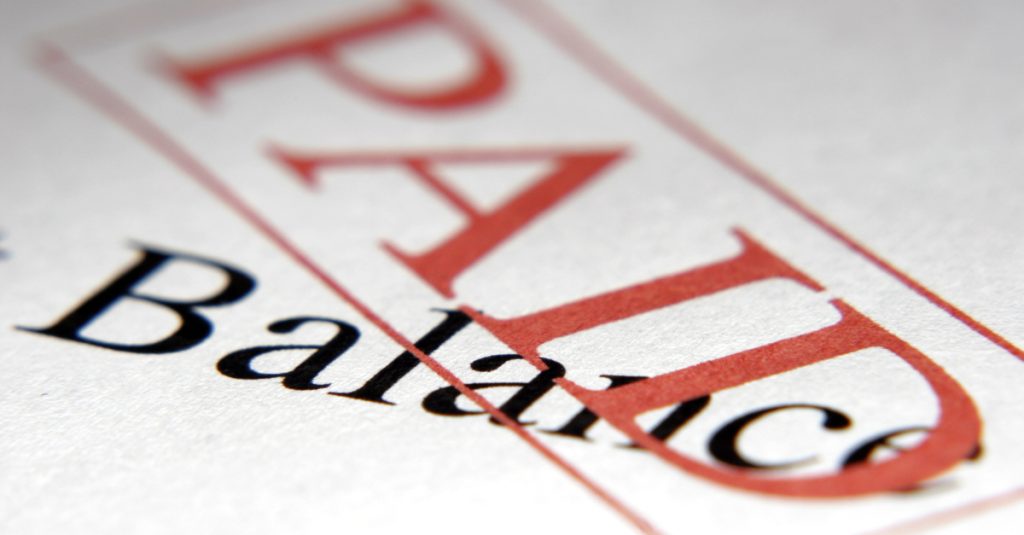Spending on overseas travel in June witnessed significant growth, as per the latest Barclays data. Both travel agents and airlines have benefitted from this trend, revealing a shift in consumer preferences.
A substantial boost was noted as holidaymakers settled final costs for overseas trips. This trend was complemented by increased transactions in the travel sector, challenging the stagnant domestic travel scene.
Increase in International Travel Spending
Recent data from Barclays highlights a considerable rise in spending with both travel agents and airlines in June. Agents saw a 5.5% increase, and airlines experienced a 3.2% rise in spending, indicating a thriving international travel sector. Consumer spending continues to evolve, gravitating towards overseas experiences.
Transaction volumes also surged, with travel agents witnessing a 13.3% rise, and airlines observing a 5.7% increase. This points to a growing confidence among consumers to invest in international travel.
Domestic Travel Faces Challenges
Despite the positive outlook for international spending, domestic travel shows a different narrative. Domestic hotels and accommodations faced a decline of 1.8% in transactions, showcasing the pressure local travel sectors are under.
This trend underscores the preference for overseas vacations over local stays by a significant portion of the population, pushing domestic operators to reconsider their marketing strategies.
Consumer Spending Habits and Sentiments
Barclays research reveals a notable insight: 37% of holidaymakers often spend beyond their planned budgets when travelling.
Moreover, 20% embrace a ‘treat yourself’ mentality during holidays. This consumer behaviour highlights a willingness to allocate finances towards enriching travel experiences.
Barclays’ statement noted a steady approach to budget management among Brits. Despite high living costs, there’s an inclination towards spending on leisure, reinforcing the luxury travel market’s appeal.
Improvement in Consumer Confidence
The data reveals a budding optimism in financial stability, with 73% of consumers expressing confidence in managing budgets, a significant rise from previous months.
Furthermore, 56% are more willing to spend on non-essential items, and job security confidence has seen a rise to 49%. This optimism is a catalyst for increased spending within the travel sector.
Concerns over inflation have slightly eased, and spending on fuel has decreased by 3.2%, providing additional resources for travel expenditures.
Impact of External Factors on Spending
Karen Johnson, Barclays head of retail, emphasised the profound impact of unseasonable weather on consumer behaviour. However, she notes the resilience in travel-related spending.
The dreary weather didn’t hinder overall spending, as consumers redirected funds towards takeaways, digital content, and entertainment, showcasing flexibility in spending priorities.
With upcoming events like The Euros, a potential shift in consumer focus towards local entertainment and travel is anticipated, looking for a balance between leisure and budget.
Outlook for Future Travel Spending
Looking ahead, the travel industry prepares for continued growth spurred by consumer confidence and eased inflation concerns. The sentiment remains positive.
Travel agents and airlines are expected to see sustained growth in transactions. This optimism is backed by consumers’ willingness to invest in enriching travel experiences.
Industry experts forecast that these consumer trends will continue to influence travel patterns, with a focus on providing value-driven international travel options.
Conclusion
June’s data underlines a pivotal shift in spending behaviours, favouring international travel. Barclays’ insights suggest a resilient travel sector poised for growth.
As consumer confidence continues to rise and spending patterns shift, the travel industry stands on the cusp of a vibrant era.
Barclays’ analysis provides a clear indication of future trends, predicting an ongoing preference for international travel, supported by enhanced consumer optimism.

